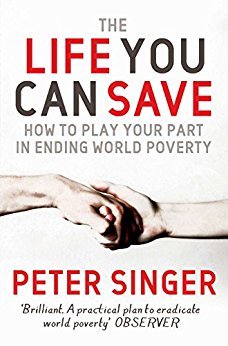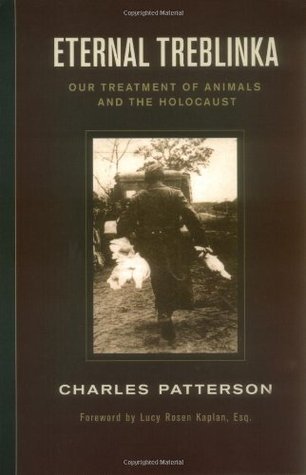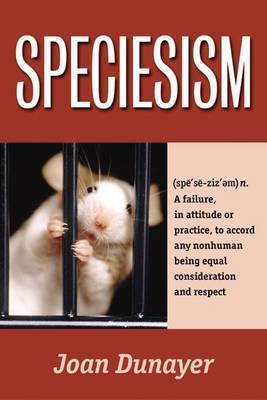
Animal Liberation
Book Description
Imagine a world where the cries of countless animals go unheard, trapped in a silent suffering that demands justice. In "Animal Liberation," Peter Singer shatters the barriers of apathy, urging a reckoning with the ethical treatment of our fellow sentient beings. This powerful manifesto challenges societal norms, exposing the harsh realities of animal exploitation and sparking a movement that resonates worldwide. With compelling arguments and a passionate call to action, it questions the very fabric of morality in our choices. What will it take to awaken compassion in a society that turns a blind eye?
Quick Book Summary
"Animal Liberation" by Peter Singer is a groundbreaking work in moral philosophy that advocates for recognizing and addressing the suffering of animals in human society. Singer systematically dismantles the notion of speciesism, the belief that humans have supremacy over other animals, and argues that the interests of all sentient beings deserve equal consideration. Drawing on evidence from factory farming, animal experimentation, and our food choices, Singer exposes widespread animal suffering caused by human actions. He challenges societal norms, urging readers to reconsider deeply held assumptions about animal use and to opt for more compassionate lifestyles, such as vegetarianism or veganism. Singer's book is both a call to conscience and an influential catalyst for the modern animal rights movement, pushing society to reevaluate what it means to act ethically toward non-human animals.
Summary of Key Ideas
Table of Contents
Challenging Speciesism and Moral Equality
Peter Singer begins by introducing the concept of speciesism, a form of prejudice rooted in assigning lesser moral value to non-human animals simply because they are not human. He draws a parallel between speciesism and other forms of discrimination, such as racism and sexism, to highlight its arbitrary nature. Singer insists that the capacity to suffer—not intelligence or species—should be the foundation for our moral consideration, setting the stage for a radical shift in how society views animals.
The Reality of Factory Farming
A significant portion of the book is devoted to factory farming, where Singer offers a thorough examination of the conditions in which animals are raised for food. He reveals the widespread suffering caused by intensive, industrialized farming practices, including confinement, physical mutilation, and deprivation of natural behaviors. Drawing from firsthand observations and investigative reports, he underscores the distress and pain experienced by millions of animals, arguing that such treatment is morally indefensible.
Animal Experimentation and Ethical Limits
Singer further explores the use of animals in scientific research and experimentation. He exposes the ethical shortcomings of inflicting pain and death on animals for the sake of human benefit, often for trivial or unnecessary gains. Singer proposes alternative approaches to scientific inquiry that do not rely on animal suffering and questions whether the scientific community does enough to minimize harm. He calls for strict ethical limits and transparency in any experimentation involving sentient beings.
The Impact of Consumer Choices
The book also analyzes the consumer's role in perpetuating animal suffering. Singer illustrates how everyday choices—such as purchasing meat, dairy, or products tested on animals—have profound consequences for animal welfare. He lays out the moral arguments for adopting vegetarianism or veganism as a practical response to the problems he describes. Consumer action, he argues, wields significant power in influencing industry practices and driving social change.
The Movement for Animal Rights and Societal Change
Finally, Singer surveys the emergence and growth of the animal rights movement, which his book helped ignite. He examines the philosophical underpinnings of advocacy for animal liberation, the evolution of legislation, and effective strategies for activism. Throughout, Singer appeals directly to the reader's sense of justice and compassion, urging a shift not only in laws but also in individual behavior and societal attitudes toward non-human animals.
Download This Summary
Get a free PDF of this summary instantly — no email required.





